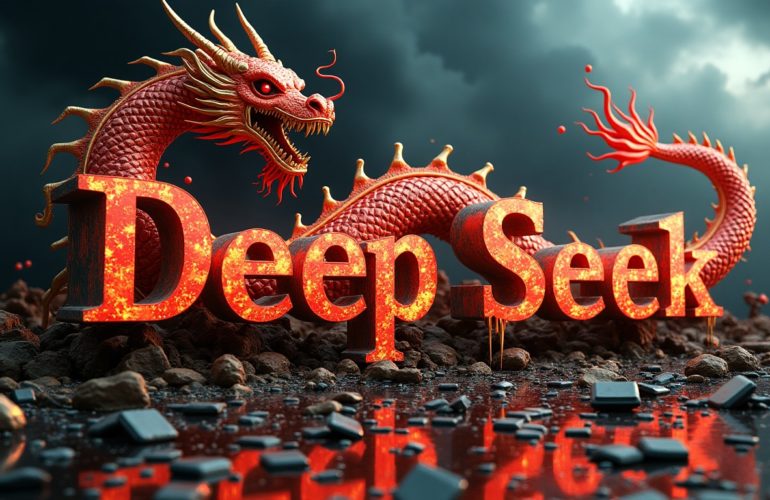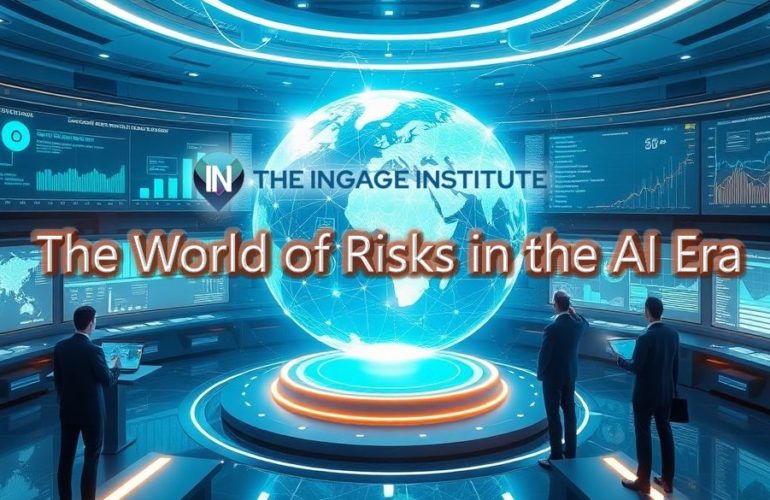The AI Canvas: Navigating Creative Disruption in Image Generation
Quick Summary
OpenAI’s revolutionary image generator transforms creative possibilities with unprecedented AI capabilities.
Key Points
- Generates hyper-realistic images across multiple styles
- Advanced image editing with contextual understanding
- Exceptional text generation and character consistency
- Creates professional visualisations like textbook illustrations and research paper graphics
Why It Matters
This technology represents a paradigm shift in creative production, potentially disrupting design, marketing, and research sectors by dramatically reducing content creation time and enabling unprecedented levels of personalised visual communication. The AI’s ability to understand context and generate consistent, high-quality imagery poses significant challenges for traditional creative workflows and intellectual property frameworks.






